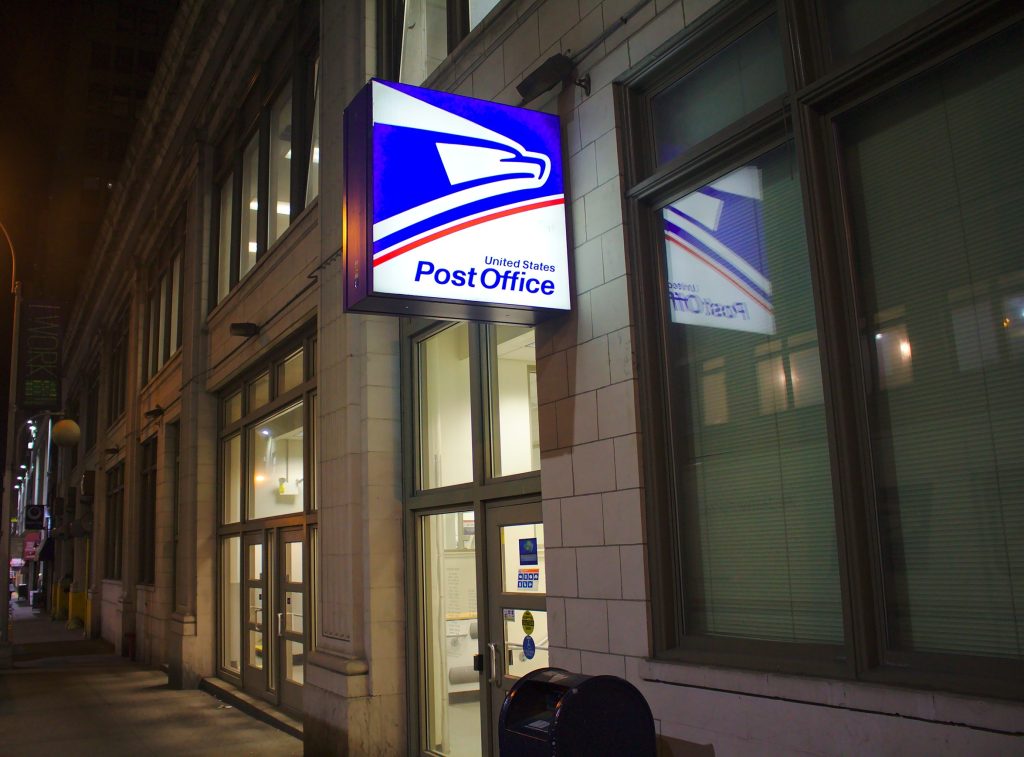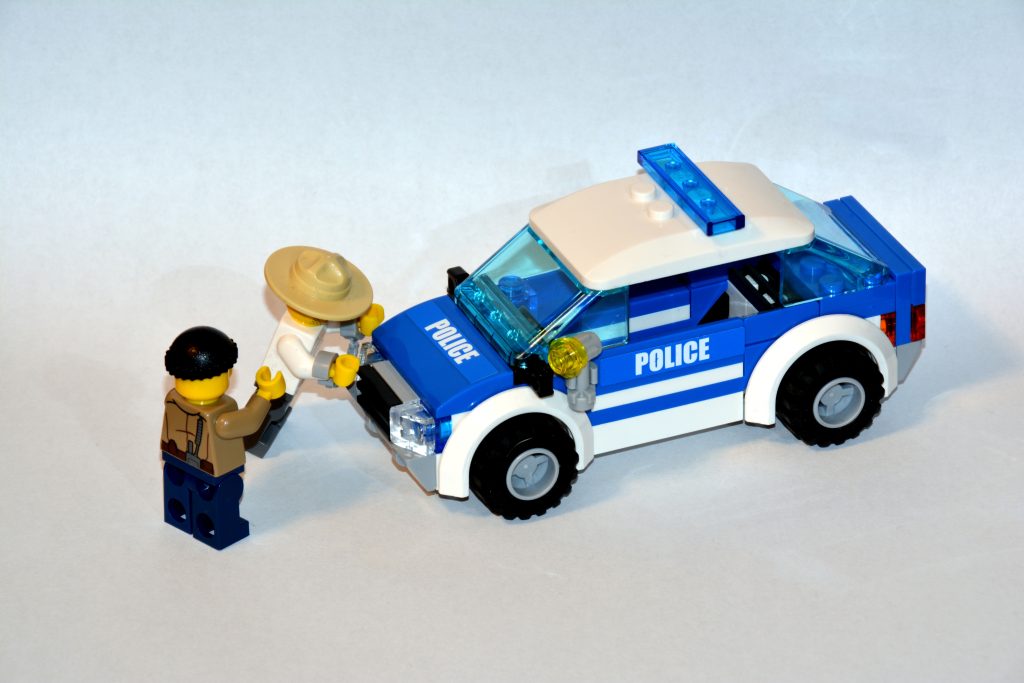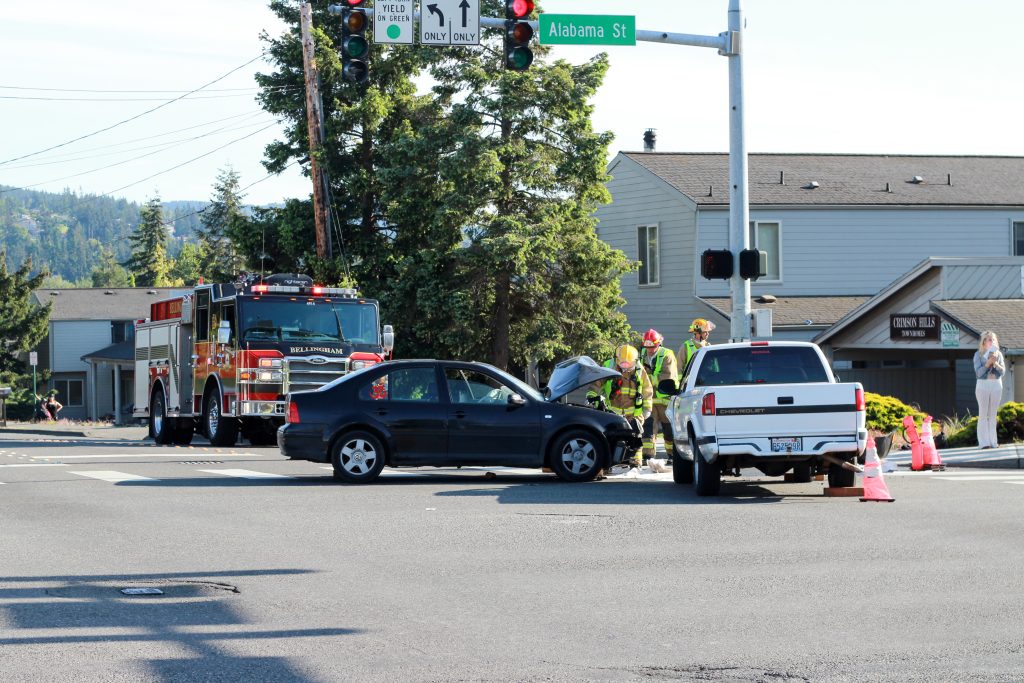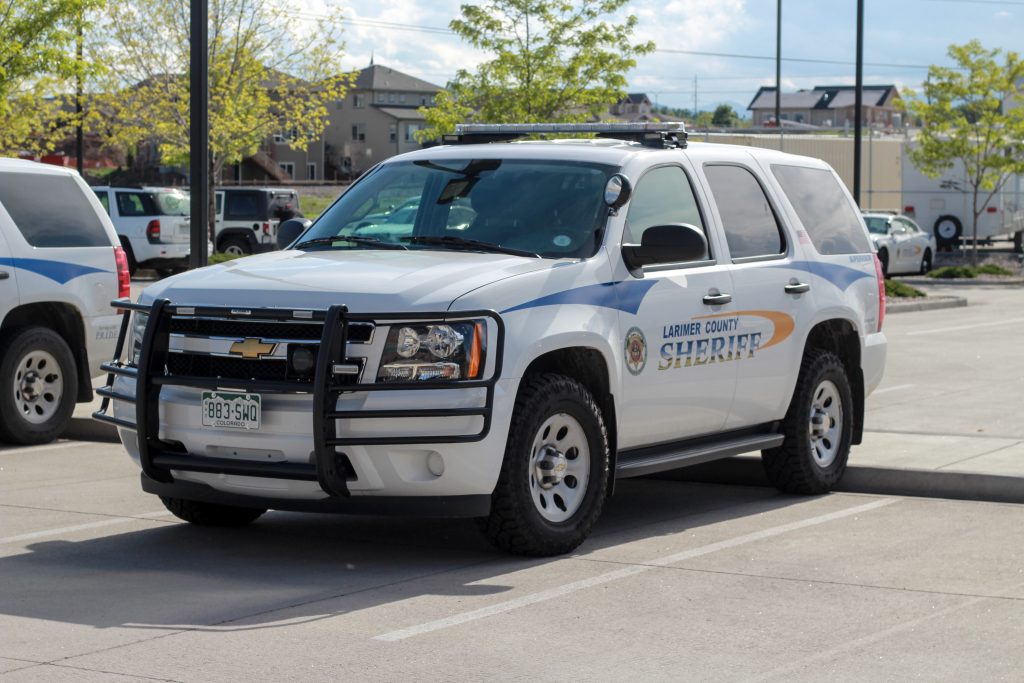 There are many instances when an employer may be held liable for the actions of their employees, even when the former was completely uninvolved in the tort, or wrongdoing. This scenario is referred to as vicarious liability. The court must take several factors into consideration when dealing with a vicarious liability action, as evidenced by a Caddo Parish case involving a Sheriff and his Deputy.
There are many instances when an employer may be held liable for the actions of their employees, even when the former was completely uninvolved in the tort, or wrongdoing. This scenario is referred to as vicarious liability. The court must take several factors into consideration when dealing with a vicarious liability action, as evidenced by a Caddo Parish case involving a Sheriff and his Deputy.
In an effort to arrest Damien Pea, who had multiple outstanding warrants, the Caddo Parish Sheriff’s Department and the Shreveport Police Department put together an operation performed by members of a joint task force, referred to as Street Level Interdiction Unit (henceforth called SLIU). SLIU then requested the help of Pea’s girlfriend, Teketia Pipkins, who was told to bring Pea to a gas station and then exit her vehicle.
On the day the operation took place, Pipkins drove Pea to the gas station and left her vehicle, as instructed, although she did not remove the keys from the ignition. Pea, who was in the passenger seat, subsequently moved to the driver’s seat and drove away. A high-speed chase between Pea and law enforcement commenced.
 Louisiana Personal Injury Lawyer Blog
Louisiana Personal Injury Lawyer Blog


 We all know that words matter. However, sometimes people use offensive or disrespectful words or slurs in the workplace. Workplaces often have policies in place that lay out prohibited behaviors and establish disciplinary actions for infractions, including use of disrespectful language. Such discipline can range from a write-up to termination and depends on the specific offense. Is use of a racial epithet grounds for termination?
We all know that words matter. However, sometimes people use offensive or disrespectful words or slurs in the workplace. Workplaces often have policies in place that lay out prohibited behaviors and establish disciplinary actions for infractions, including use of disrespectful language. Such discipline can range from a write-up to termination and depends on the specific offense. Is use of a racial epithet grounds for termination? While many people enjoy oysters, few people are aware how oyster leases work. This case involves a couple who held oyster leases that were harmed when a company decided to renter a nearby oil well. Can that company be held liable for the damages to the holders of the adjacent oyster leases?
While many people enjoy oysters, few people are aware how oyster leases work. This case involves a couple who held oyster leases that were harmed when a company decided to renter a nearby oil well. Can that company be held liable for the damages to the holders of the adjacent oyster leases?  In the bustling corridors of the U.S. Postal Service in Istrouma, Louisiana, a tale of workplace strife and legal intricacies unfolded. Catherine J. Valdry, a dedicated mail carrier, found herself entangled in a web of allegations against her supervisor, Clifton Maryland, a Customer Service Manager. What began as a refusal to join Maryland on a fishing trip soon spiraled into an alleged hostile work environment, as Valdry claimed she faced emotional distress and aggressive conduct. When she summoned the courage to report Maryland’s behavior, the situation took a turn for the worse, with ominous warnings and intensified micromanagement. Valdry’s pursuit of justice led her to the courtroom, where she aimed to prove her case, facing the challenging task of establishing a retaliatory hostile work environment. This article delves into the legal intricacies of her journey, from the district court’s initial ruling to the appellate court’s ultimate decision, which ultimately declared the case moot.
In the bustling corridors of the U.S. Postal Service in Istrouma, Louisiana, a tale of workplace strife and legal intricacies unfolded. Catherine J. Valdry, a dedicated mail carrier, found herself entangled in a web of allegations against her supervisor, Clifton Maryland, a Customer Service Manager. What began as a refusal to join Maryland on a fishing trip soon spiraled into an alleged hostile work environment, as Valdry claimed she faced emotional distress and aggressive conduct. When she summoned the courage to report Maryland’s behavior, the situation took a turn for the worse, with ominous warnings and intensified micromanagement. Valdry’s pursuit of justice led her to the courtroom, where she aimed to prove her case, facing the challenging task of establishing a retaliatory hostile work environment. This article delves into the legal intricacies of her journey, from the district court’s initial ruling to the appellate court’s ultimate decision, which ultimately declared the case moot. In the world of litigation, there are often cases that raise questions about who should be held responsible for damages caused by certain events. Take the recent case of Christopher Blanchard, who claimed damages after his police car was hit by a stolen car. The trial court granted summary judgment in favor of the defendants, GoAuto Insurance Company and its insured, Demetrius J. Hicks, dismissing Blanchard’s claim for damages. The court ruled that Hicks, the vehicle’s owner, was not liable for the damages caused by an unknown thief who stole his truck and crashed it into Blanchard’s police car. To better understand how this came about, let us examine the facts and legal arguments of the case and explore the court’s reasoning for upholding the verdict.
In the world of litigation, there are often cases that raise questions about who should be held responsible for damages caused by certain events. Take the recent case of Christopher Blanchard, who claimed damages after his police car was hit by a stolen car. The trial court granted summary judgment in favor of the defendants, GoAuto Insurance Company and its insured, Demetrius J. Hicks, dismissing Blanchard’s claim for damages. The court ruled that Hicks, the vehicle’s owner, was not liable for the damages caused by an unknown thief who stole his truck and crashed it into Blanchard’s police car. To better understand how this came about, let us examine the facts and legal arguments of the case and explore the court’s reasoning for upholding the verdict. Horse races represent a lot of things: money, power, competition. The outcomes of races matter a lot to those involved, and debates about those races can be pretty contentious, even getting to court. When a back-and-forth about the rightful winner of a horse race makes it to the Second Circuit Court of Appeals, how does the court deal with this unique and specific area of law?
Horse races represent a lot of things: money, power, competition. The outcomes of races matter a lot to those involved, and debates about those races can be pretty contentious, even getting to court. When a back-and-forth about the rightful winner of a horse race makes it to the Second Circuit Court of Appeals, how does the court deal with this unique and specific area of law? Owning property is not easy, especially when you have to share ownership with multiple individuals. Co-ownership can present challenging issues, especially when one owner wants to make renovations or sell the property. This case examines a dispute among family members involving property in the Parish of St. Bernard in Louisiana.
Owning property is not easy, especially when you have to share ownership with multiple individuals. Co-ownership can present challenging issues, especially when one owner wants to make renovations or sell the property. This case examines a dispute among family members involving property in the Parish of St. Bernard in Louisiana.  Imagine waking up one day and finding yourself out of a job simply because you are pregnant. This was the reality for Eryon Luke, as she claimed that her former employer, CPlace Forest Park SNF, LLC, fired her due to her pregnancy. This case, which attracted significant attention in legal circles, presents a deep dive into pregnancy discrimination lawsuits, exploring the application of state and federal laws and their impact on the employer-employee relationship.
Imagine waking up one day and finding yourself out of a job simply because you are pregnant. This was the reality for Eryon Luke, as she claimed that her former employer, CPlace Forest Park SNF, LLC, fired her due to her pregnancy. This case, which attracted significant attention in legal circles, presents a deep dive into pregnancy discrimination lawsuits, exploring the application of state and federal laws and their impact on the employer-employee relationship. Ordinarily, when one is involved in an automobile accident, the injured party files a claim with the at-fault driver’s insurance company. When a person is involved in an accident with a co-worker in the course of their employment duties, however, the injured party may collect workers’ compensation instead. Can the injured employee “double-dip” and also collect under a Uninsured/underinsured motorist policy? This was the issue in a recent case out of Delcambre, Louisiana.
Ordinarily, when one is involved in an automobile accident, the injured party files a claim with the at-fault driver’s insurance company. When a person is involved in an accident with a co-worker in the course of their employment duties, however, the injured party may collect workers’ compensation instead. Can the injured employee “double-dip” and also collect under a Uninsured/underinsured motorist policy? This was the issue in a recent case out of Delcambre, Louisiana.  Before accepting a job, it is essential to review all policies provided to you by your potential employer, as these policies may not always be in your best interest. The following East Baton Rouge case demonstrates what may or may not be considered a “wage” payable at the end of employment.
Before accepting a job, it is essential to review all policies provided to you by your potential employer, as these policies may not always be in your best interest. The following East Baton Rouge case demonstrates what may or may not be considered a “wage” payable at the end of employment.